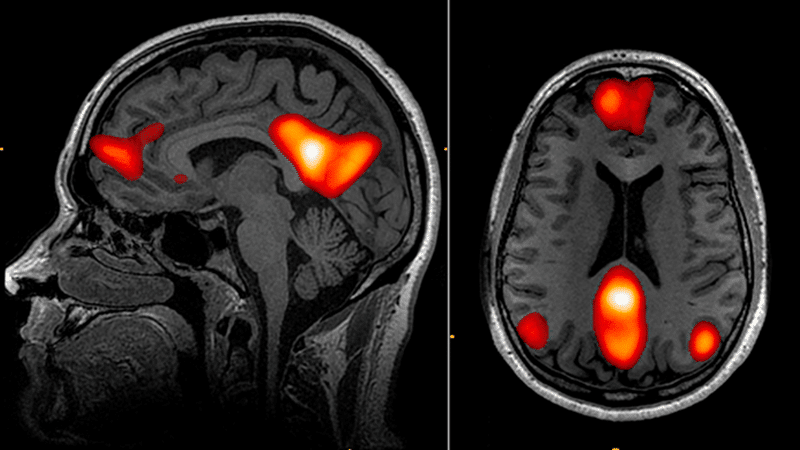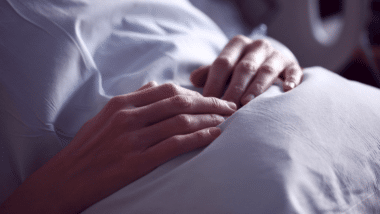Researchers have demonstrated that a quarter of patients with disorders of consciousness (DOC) can follow simple commands cognitively.
In an international study of 241 brain injury patients, 60 performed “a cognitive task” as detected on functional magnetic resonance imaging (fMRI) and electroencephalography (EEG) scans.
In 2021, academics estimated there may be as many as 25,000 patients in UK hospitals and nursing homes with DOC.
Consequences
Lead author Yelena Bodien said: “Some patients with severe brain injury do not appear to be processing their external world.
“However, when they are assessed with advanced techniques such as task-based fMRI and EEG, we can detect brain activity that suggests otherwise.
“These results bring up critical ethical, clinical, and scientific questions, such as how can we harness that unseen cognitive capacity to establish a system of communication and promote further recovery?”
She warned that failing to detect brain activity “can have serious consequences, including premature withdrawal of life support, missed signs of awareness and lack of access to intensive rehabilitation”.
Vulnerable
Earlier this year, UK teenager Jack Dolan, left in an apparent vegetative state following an accident, rallied after his life support was removed.
Jack’s stepfather, David Dolan, explained: “Jack is blowing everything doctors said out the water. He is moving his arms, wiggling his toes, holding eye contact and, while in pain with belly ache, looked his mum in the eye and said ‘help’.”
David admitted that Jack’s condition means that he is “life-limited” but added the family were “feeling a bit more positive”. The Dolans are making plans to care for Jack themselves in a specially adapted family home.
In 2018, the Supreme Court ruled that if families and doctors agree to withdraw food and fluids from a severely brain-damaged person, they can do so without a court’s permission.
Mother speaks after 28 years of ‘minimal consciousness’
Man wakes after twelve years in coma
BMA advises families to trawl social media to see if sick relatives want to die


